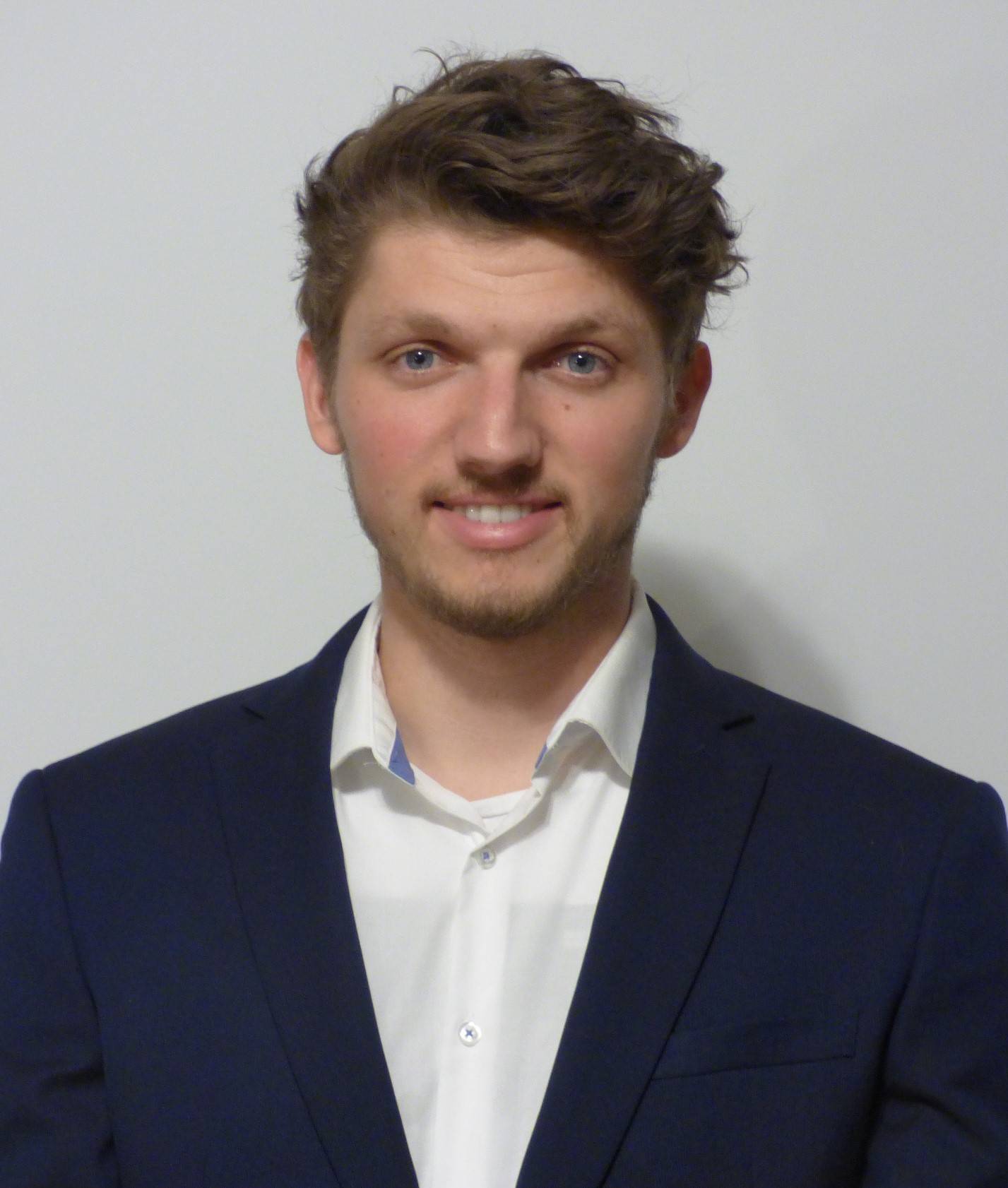
Heute im Gespräch: Mathias Pechinger
Aus der Reihe "Unsere Doktoranden stellen sich vor"
Mathias Pechinger is a PhD student and research assistant at the Faculty of Electrical Engineering. In the following profile and interview, Mathias Pechinger answers questions about his research project at the HSA_ired research group "Driverless Mobility".
Profile
Name:
Studies:
B.Eng. Electrical Engineering, Augsburg University of Applied Sciences
M.Sc. Applied Research in Engineering Sciences (focus: Computer Science), Augsburg University of Applied Sciences
Research Group:
Institute: HSA_ired
Working Group: Driverless Mobility
Research Project:
Hardware in the loop tests on infrastructure-based guidance of automated vehicles in an urban environment
Cooperation Partner:
Siemens Mobility GmbH
Thinking about your research activities, what do you enjoy most?
In the Driverless Mobility research group, we work with state-of-the-art algorithms. We create solutions, which will enable everyone to extend their own research in the field of automated driving. We are using real vehicles to test our automated driving solutions and once more show the proximity to current research.
With regard to your research project, which skills and topics from your studies do you find particularly useful?
During my studies at the Augsburg University of Applied Sciences, I have been able to get to know the fundamentals of electrical engineering. I was able to apply them in various disciplines during my time with the Formula Student Team “Starkstrom Augsburg e.V.”. For my Master’s degree in Applied Research on computer science, I focused on automated driving in which I learned the basics of current state-of-the-art autonomous/automated driving.
What is your advice for students, who would like to engage in research activities?
To Bachelor students: Apply for a bachelor thesis at the university. Here you will work on current research topics with researchers of the university.
To prospective Master students: Contact us regarding the Applied Research program at our university. This is the best starting point to learn how scientific work is done.



